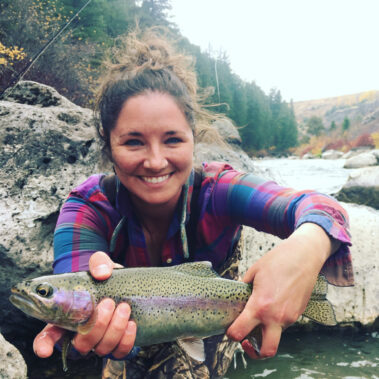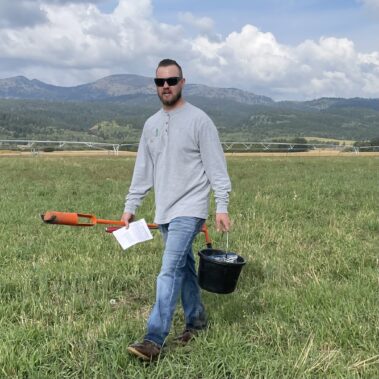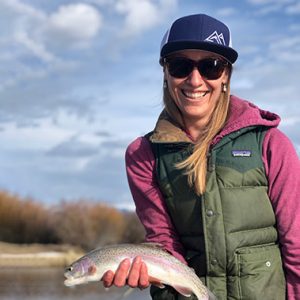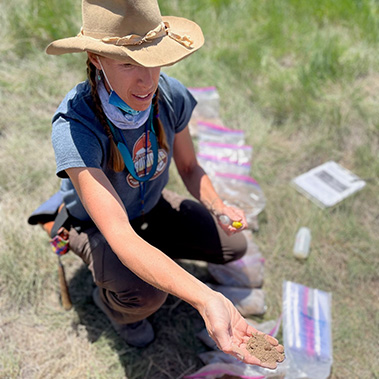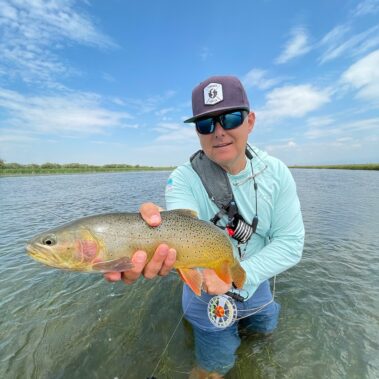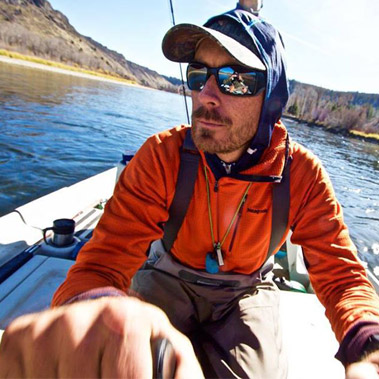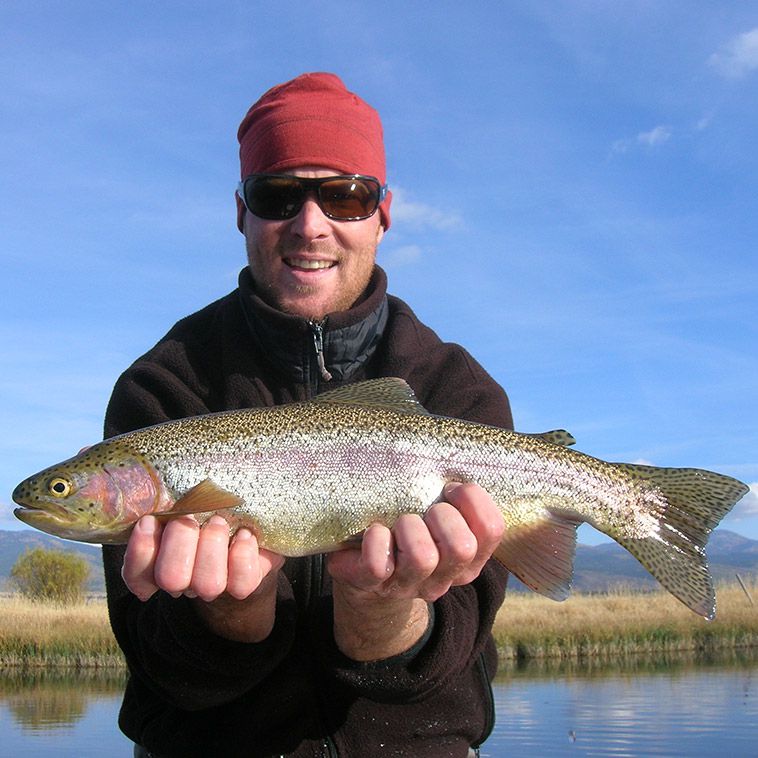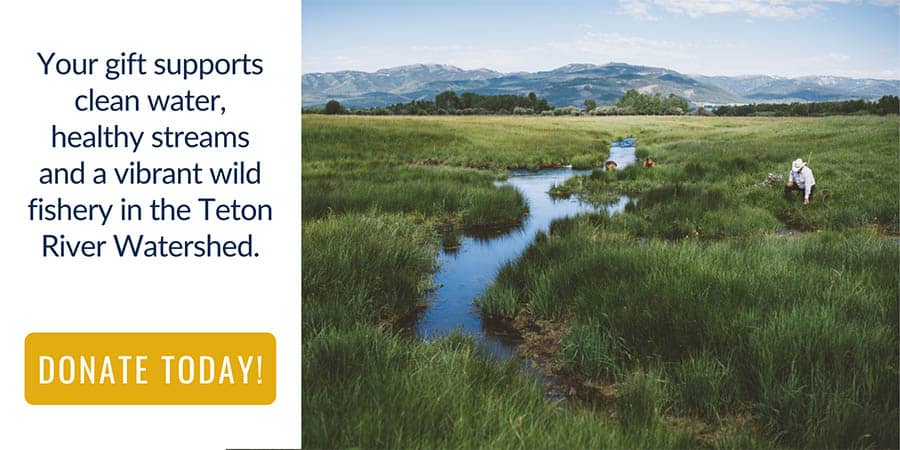Lessons in Soil Health

Partners Lead Restoration Efforts
December 9, 2019
20th Anniversary Photo Contest
June 11, 2020FTR has partnered with farming and ranching families to begin testing a combination of conservation farming techniques in Teton Valley to improve soil health and water quality.
In 2016, we began working with a handful of family farmers and ranchers to improve the health and productivity of agricultural lands in Teton Valley. Through our Farms & Fish Initiative we helped family farmers and ranchers implement a variety of conservation farming and ranching techniques that would improve local water resources, increase the viability of family farms and ranches, and preserve Teton Valley’s cultural heritage.
Soil health refers to the chemical, physical, and biological characteristics of soil. It is well documented that improving soil health on farms and ranches can lead to increased farm productivity, improved nutrient cycling, increased water holding capacity, and increased drought resilience. In addition to having significant benefits on farms and ranches, improving soil health on agricultural lands in the Teton Valley will have a significant positive impact on water quality and quantity. Healthier soils can reduce soil erosion and more efficiently cycle nutrients, reducing both sediment and nutrient runoff into local streams and waterways. Healthier soils can also hold more water, making crops more resilient in drought conditions, a valuable asset to farming and ranching in a semi-arid environment.
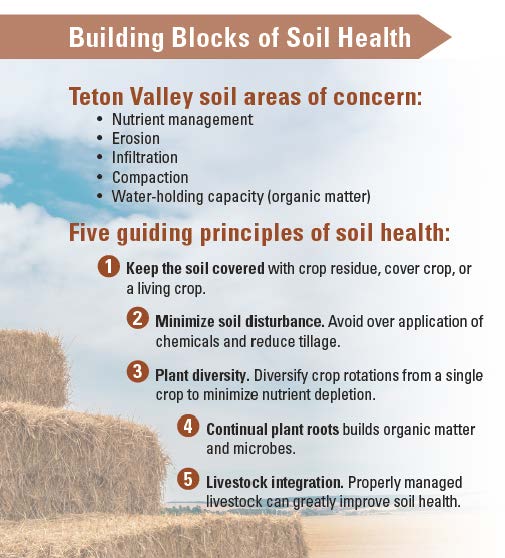
In 2018, we worked with family farms and ranches to implement conservation farming practices on 296 acres in Teton Valley. In 2019, we expanded the implementation of conservation farming and ranching practices to 459 acres. This year, we expanded the number of family farms and ranches we work with and increased the number of acres with conservation farming practices being implemented.
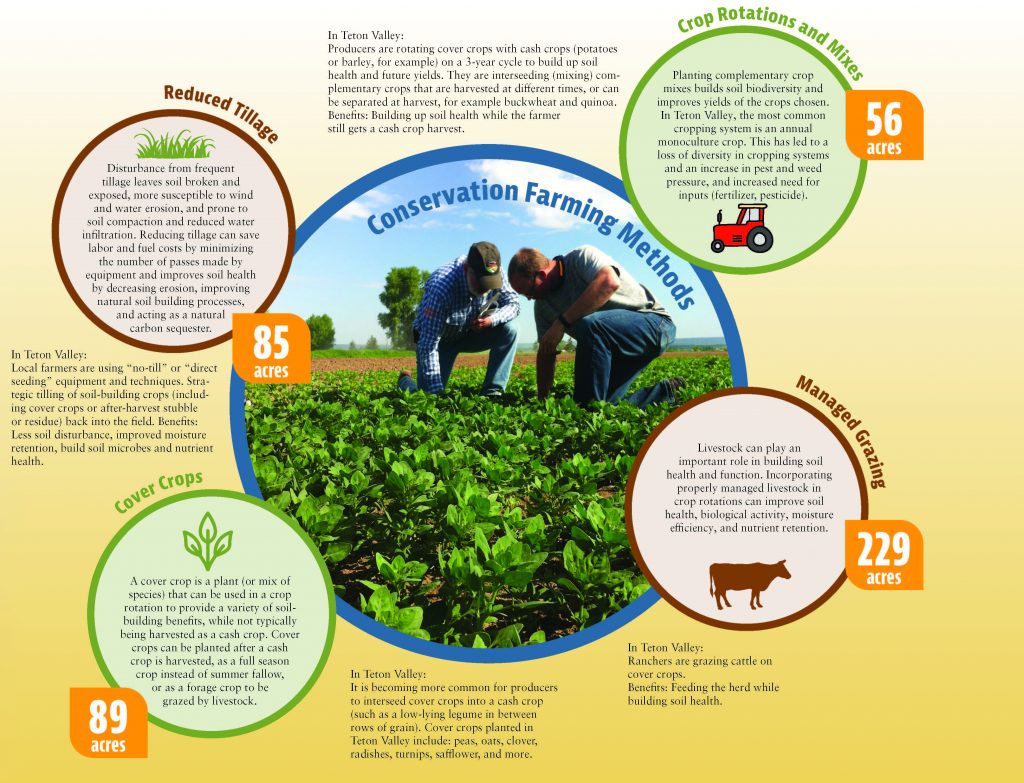
With each farming and ranching participant, soil health and crop productivity tests are performed to help us assess implementation successes, understand baseline soil conditions, and track soil health changes overtime with the implementation of conservation farming techniques. This includes testing for organic matter, moisture, carbon, macronutrients, micronutrients, and bioactivity (living organisms in the soil, including bacteria and fungi).
We are incredibly proud of our Farms & Fish Initiative and partnership with local agricultural leaders who believe that well-managed family farms and conservation can, and should, go hand-in-hand. Your continued support of the Farms & Fish Initiative will help protect the land and water that sustains fish and wildlife, and the lives and livelihoods of our community.
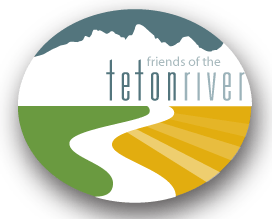
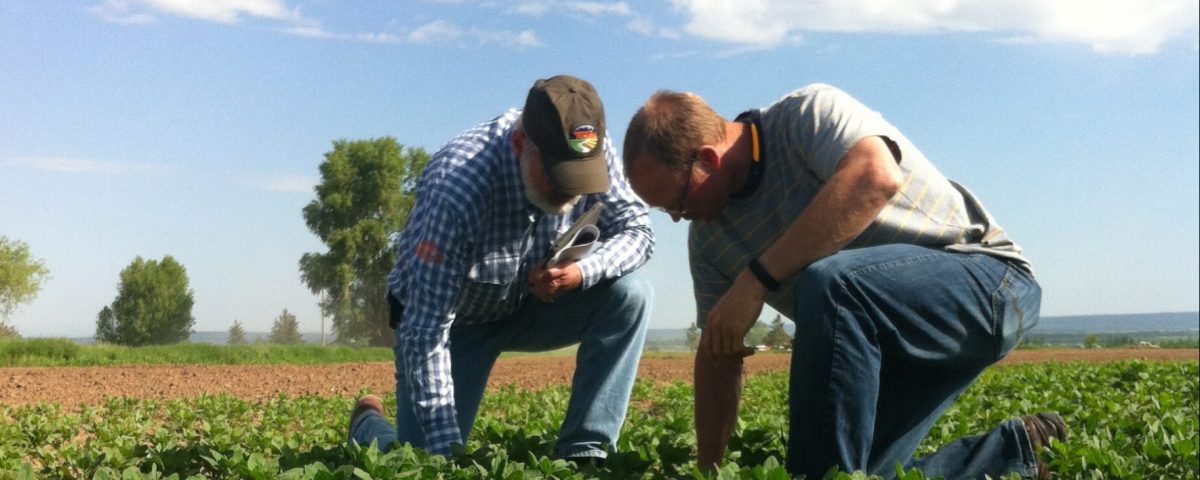
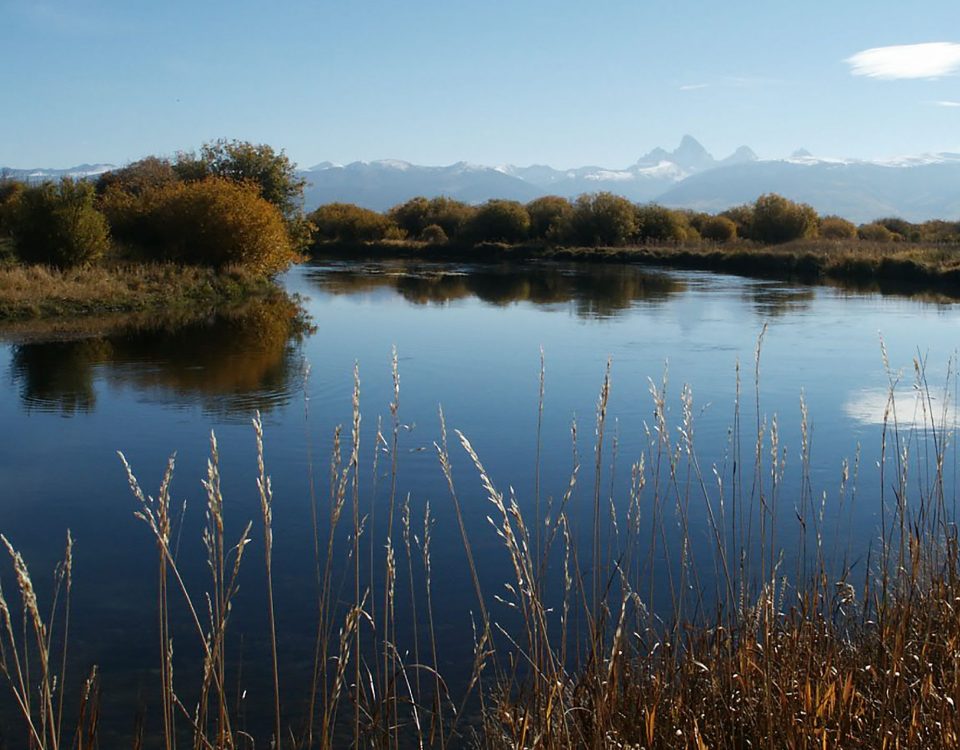
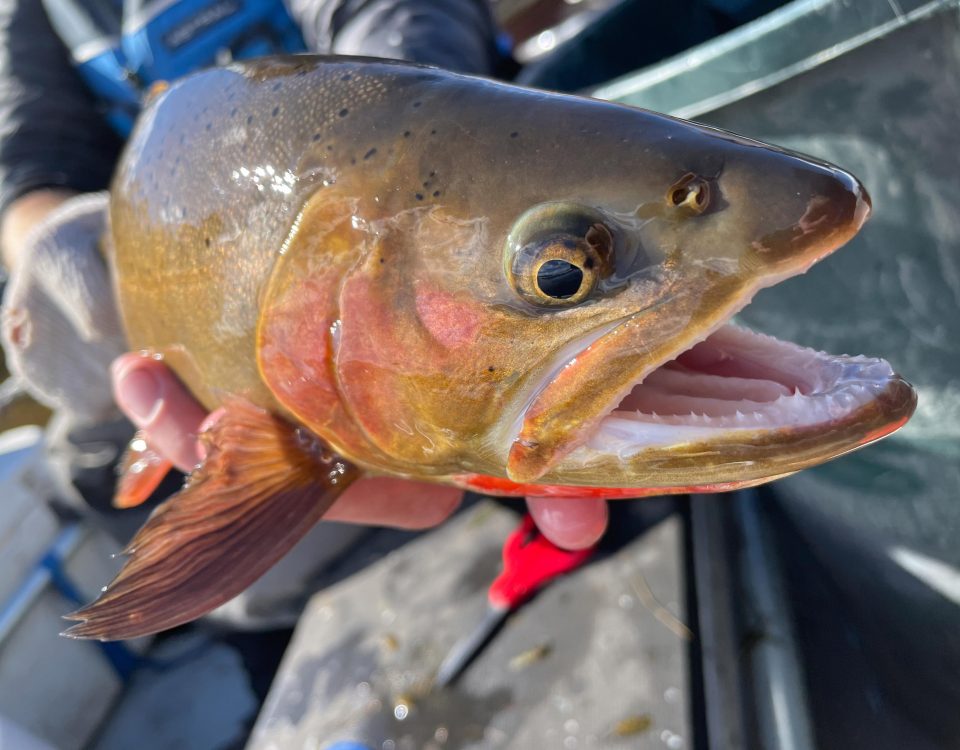

 McKenzie is the Program and Development Associate. She supports the Grants Director, Philanthropy Director, outreach efforts and program staff in the field. She aims to assist staff in meeting goals and producing high quality work in service of the Teton River Watershed. She is originally from Santa Barbara, California and grew up visiting her grandparents in Teton Valley. Her passion for the great outdoors and conservation grew when she studied Ecology and Evolutionary Biology at the University of Colorado Boulder, and she is excited to continue learning from this organization.
McKenzie is the Program and Development Associate. She supports the Grants Director, Philanthropy Director, outreach efforts and program staff in the field. She aims to assist staff in meeting goals and producing high quality work in service of the Teton River Watershed. She is originally from Santa Barbara, California and grew up visiting her grandparents in Teton Valley. Her passion for the great outdoors and conservation grew when she studied Ecology and Evolutionary Biology at the University of Colorado Boulder, and she is excited to continue learning from this organization.